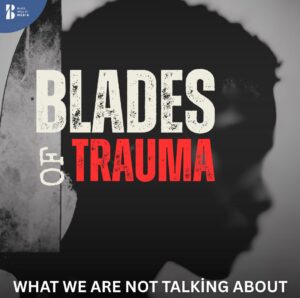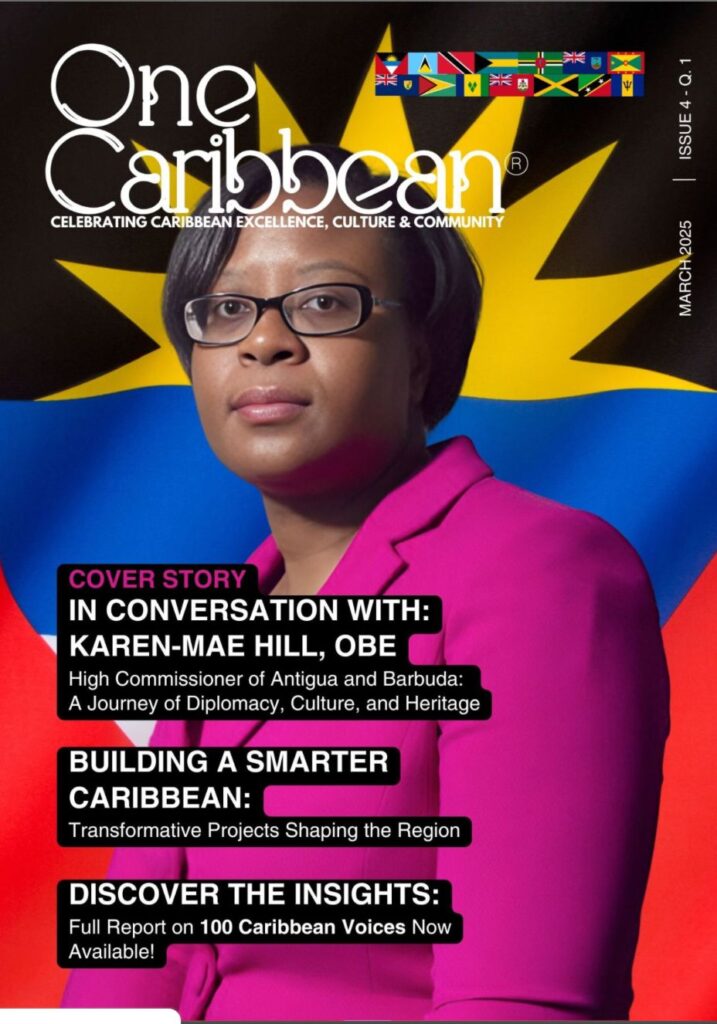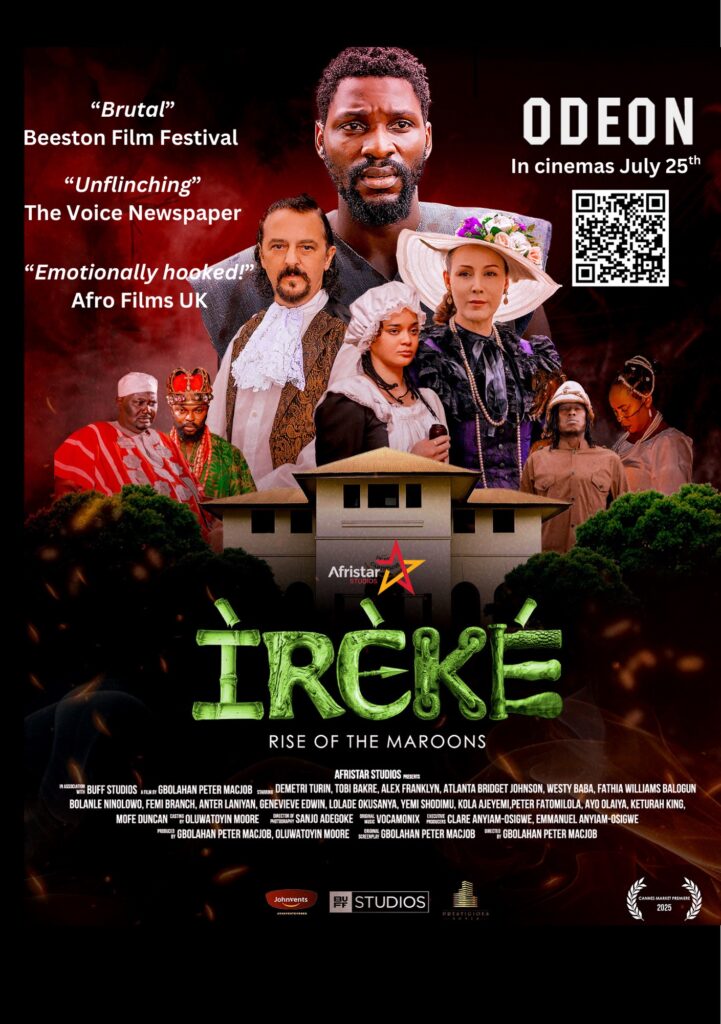BUSINESS
Empowering African Diaspora Entrepreneurs: Insights from Dr. Yolanda Shields
“Interview questions for a magazine publication featuring YESBUILDS Consulting and Coaching and its founder and CEO, Dr. Yolanda E. Shields:”
Black Wall St. MediaContributor
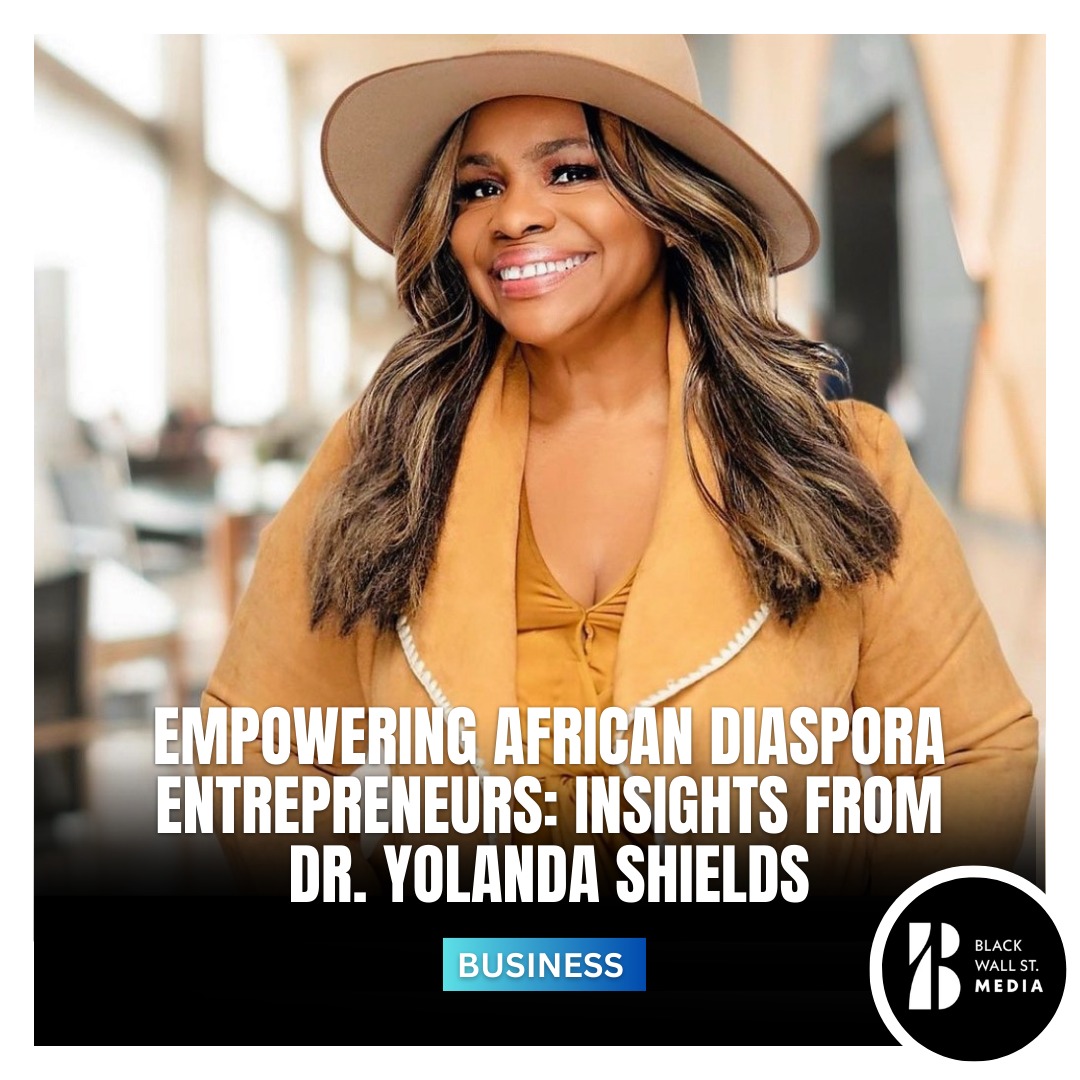
BWSM: As a global business advisor and strategist, you have extensive experience working in Africa and other emerging countries. How has your work in the continent influenced your understanding of the unique challenges and opportunities faced by the African Diaspora in the business world?
Dr. Yolanda Shields: Through my work in the continent of Africa I have the advantage of understanding the challenges and opportunities of doing business in Africa.
Many larger U.S. business presence in Africa is a priority for many African governments. It also allows me to see how to support african entrepreneurs because I understand some of the challenges that may impact business growth.
I tend to look even at the obstacles or challenges as opportunities. There is no better time to accelerate U.S. trade and investment in Africa than now especially in the fintech and technology sector in general.
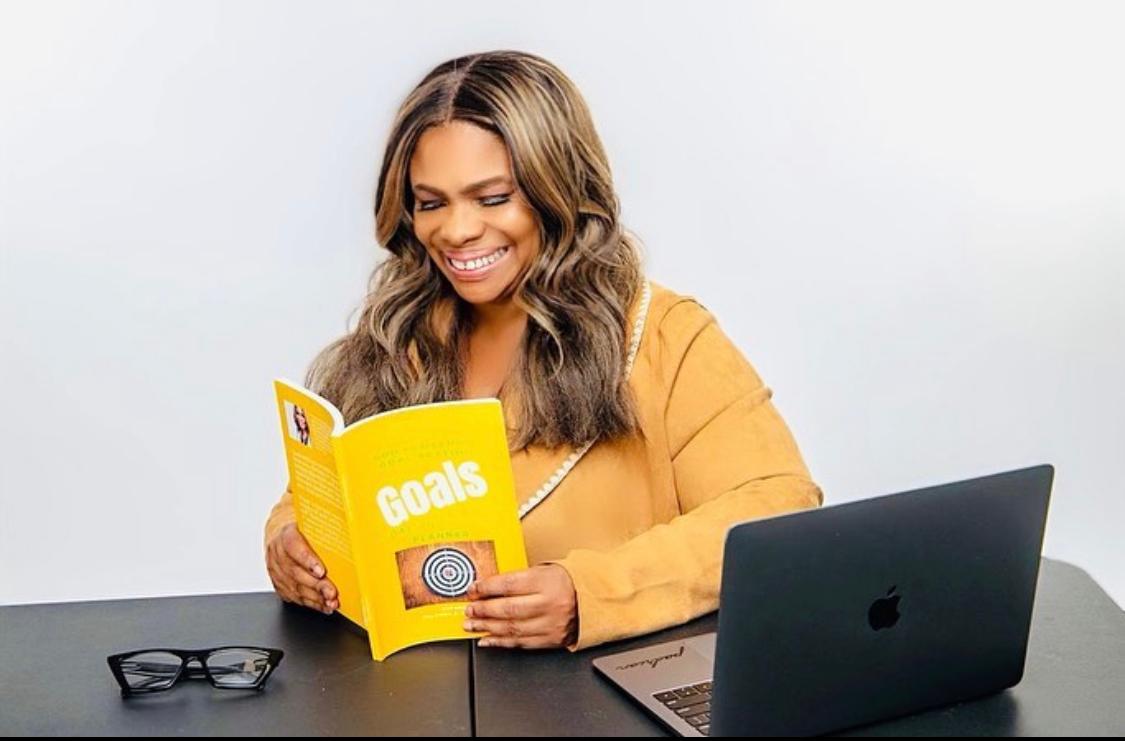
GOALS
BWSM: Your expertise includes social entrepreneurship and nonprofit sustainability. How do you believe the African Diaspora can leverage these concepts to drive positive change and economic development within their communities?
Dr. Yolanda Shields: My work with social entrepreneurs is to have them to look at challenges as opportunities. I always say “You are the solution in your community”
Sometimes we are waiting for someone else to come with the solution. Utilizing technology is a key way to address some of the change that is needed. It’s important to be able to show the needs but also how you can solve them with the support of other donors or sponsors.
Documenting the success is one thing that social entrepreneurs and NGO’s struggle with. To build the confidence of donors and secure government support you have to be able to show how you will be able to show success or progress and sustain your program and services.
I spend a lot of time training and coaching social entrepreneurs and ngo’s on this very important area.

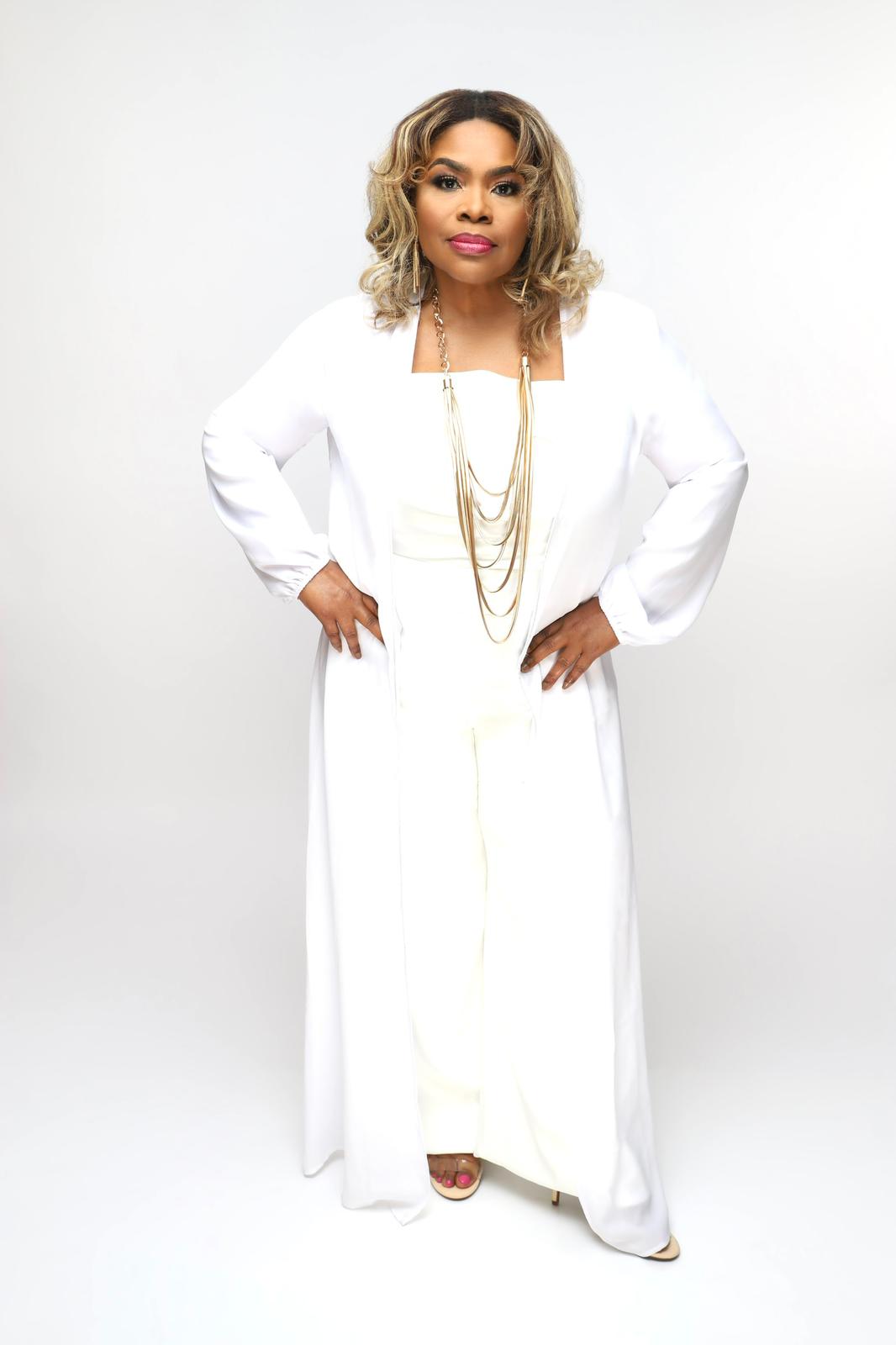

THE GIG
BWSM: Could you share some examples of successful projects or initiatives where you have supported African Diaspora entrepreneurs or businesses? What were the key factors that contributed to their success?
Dr. Yolanda Shields: Three of the entrepreneurial projects I am currently working on in Congo is in the area of agriculture, andsmall business startup. Specifically a coffee project working with the youth to package and sell coffee beans from Congo in France and then eventually in the USA.
Walking them through the entire process from choosing the right beans, logo design, packaging and business and legal structure needed to be successful.
The second project is a women’s sewing program where they are given a sewing machine, training where they can eventiallly start their own dress shop or sell other custom designs.
One project of women entrepreneurs created purses that were sold in the USA on many college campuses which provided the women with income to take care of their family.
The things that were factors in their success were being able to be consistent in product development, not spending all of their profit and being able to not quit when it got hard. The other factor is allocating time for ongoing coaching and training.
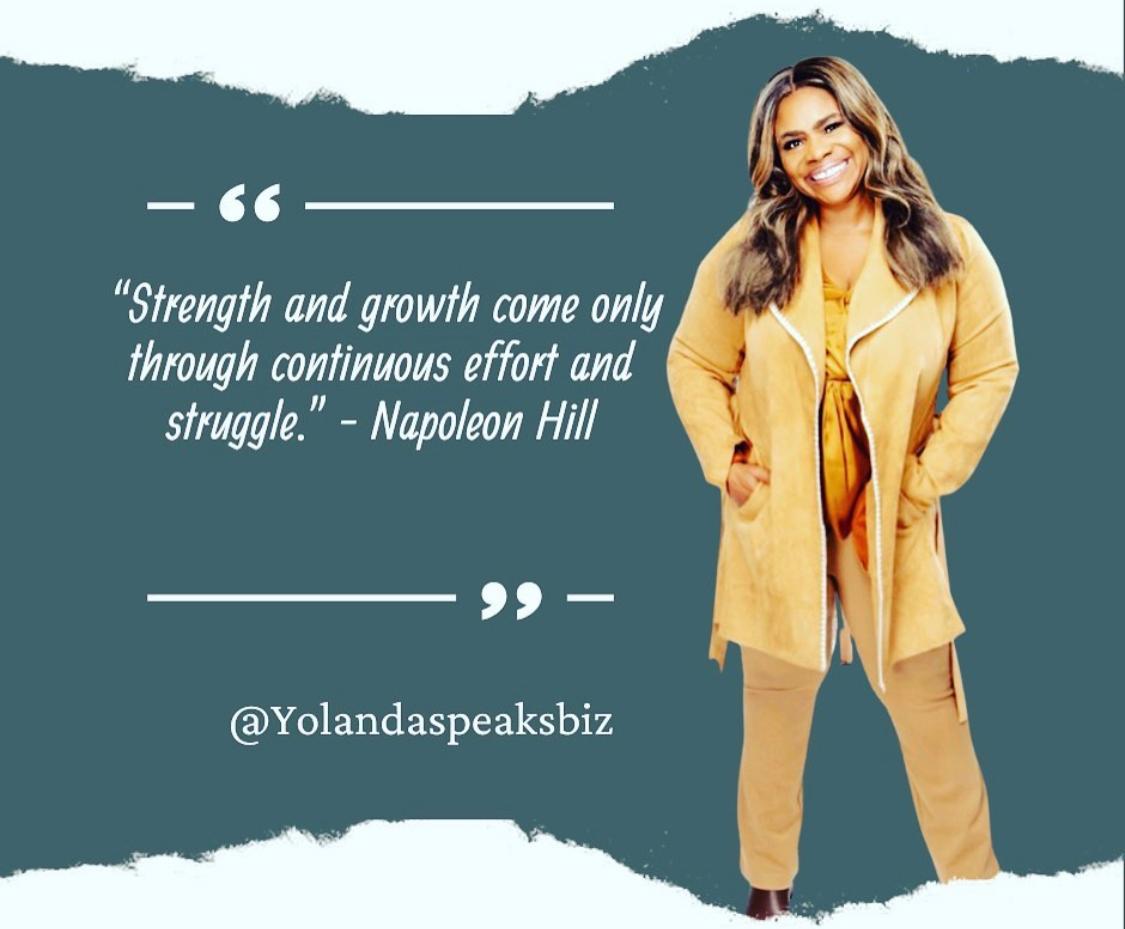
BWSM: In your opinion, what are some of the main obstacles or barriers that African Diaspora entrepreneurs often encounter when starting or scaling their businesses, and how can they overcome them?
Dr. Yolanda Shields: Some of the obstacles or barriers is definitely infrastructure, internet connectivity, and startup funding. Being able to do your research before hand to identify the barriers is key to success. It will prepare the entrepreneur to address or identify another sector that may be a better fit for the area you are seeking to start a business.
BWSM: Given your experience in workforce development, what advice would you give to African Diaspora professionals seeking to advance their careers or transition into entrepreneurship?
Dr. Yolanda Shields: Think like a business owner – As an employee, you should act like an owner and not just a worker when working for someone else. This will allow you to be ready to transition better as an entrepreneur. I call this intraprenueship.
Get used to more work and longer hours – Employees have a work schedule. Prepare yourself to work longer hours as an entrepreneur. You will work harder for yourself than you will for your employer.
Determine your target market – Understand which market segment will your new business target?
Do your research because everyone is not your customer. Remember, your competitors have a head start on you, and you’ll have to play catch up quickly.
Count the Cost – Understanding what it will cost you in money, and time. What are you willing to give up in order to create a business that will be successful. Make sure to count the cost of starting your own business and the time it will take you to build a successful business. Planning ahead financially and having some reserve funds that you have saved up for your startup phase will allow for a successful start.
Understanding your WHY – Why do you want to start a business?Are you looking to create jobs in order to impact poverty? Do you just want another stream of income? Or are you looking to find solutions to problems in your community or nation? Understanding your why will help when it gets hard and you want to quit.
BWSM: As an advocate for public/private partnerships, what role do you see the African Diaspora playing in fostering collaboration between businesses, governments, and civil society organizations to drive economic growth and social impact in Africa and beyond?
Dr. Yolanda Shields: I believe African in Diaspora, sharing their knowledge and best practices, as well as being an advocate against corruption that we not only see in the Continent of Africa but all over the world. Many times this is what disrupts successful partnerships and growth.
When collaborating make sure to determine what project makes since for collaboration. You should always bring something to the table. If you dont have finances to bring identify your skills that the team doesnt have that you can offer.
BWSM: In your books and speaking engagements, what specific insights or strategies do you share with the African Diaspora audience to empower them in their entrepreneurial journeys and business endeavors?
Dr. Yolanda Shields: My books focus on practical tools that will assist entrepreneurs with not just starting a business but being able to sustain it. The books also help them to understand that most small businesses take at least 2 to 3 years to be profitable and to become truly successful once they’ve hit the 7 to 10 year mark.
Most small businesses take years to be successful, despite the overnight success of many companies like Facebook. The tips in my books gives them a road map and tools to use in order to start and sustain their business.
My new book the Gig Economy shares how this new economy is growing across the world and how you can take your side gig/hustle fulltime.
BWSM: Cultural context is important when it comes to business. How do you advise African Diaspora entrepreneurs to navigate cultural nuances and leverage their heritage and connections to build successful ventures?
Dr. Yolanda Shields: Many times individuals and companies want to do business in Africa but dont know where to start. African in diaspora need to understand that they will need assistance in navigating the cultural and business sector.
Connecting with those that have experience and are an expert to launch something in Africa. I advise them to start by attending international conferences.
Those wanting to do business in Africa should also make sure you are visiting the areas ahead of time that you are thinking of launching to make sure the infrastructure can support your business venture.
BWSM: The African Diaspora encompasses diverse communities with different levels of access to resources and opportunities. How do you ensure that your consulting and coaching services are accessible and relevant to entrepreneurs from various backgrounds within the African Diaspora?
Dr. Yolanda Shields: I provide services currently to several clients living in different parts of the the continent of African and Europe through our online live platforms. We provide servies during multiple time zones and try to make it as convenient as possible.
I also partner with such organizations as Tony Elumelu Foundation as well to provide some of the business coaching/Sherpa services in Africa. We are also in the process of providing pre-recorded courses loaded on devices that will allow others to have access as well.
BWSM: Looking ahead, do you have any specific initiatives or plans in place to further support and empower the African Diaspora in their business endeavors?
Are there any collaborations or partnerships in the pipeline that you are particularly excited about?
Dr. Yolanda Shields: I am looking to speak at different conferences in the continent of Africa and Europe about my new book the Gig Economy. I believe side gigs have been a part of the business ecosystem in many countries for years.
When those moving from Africa arrive in the USA they feel weird when having multiple side gigs which had been normal way of life for them.
I want to share with those side gig workers around the world that it is normal and continuing to grow throughout the world.
I am looking to conduct research with several african governments to look at the Entrepreneur Ecosystem in Africa to see how we can make it easier for african entrepreneurs to access services and support across the continent.
You can follow Dr. Yolanda @yolandaspeaksbiz Facebook Instagram

Black Wall St. MediaContributor







